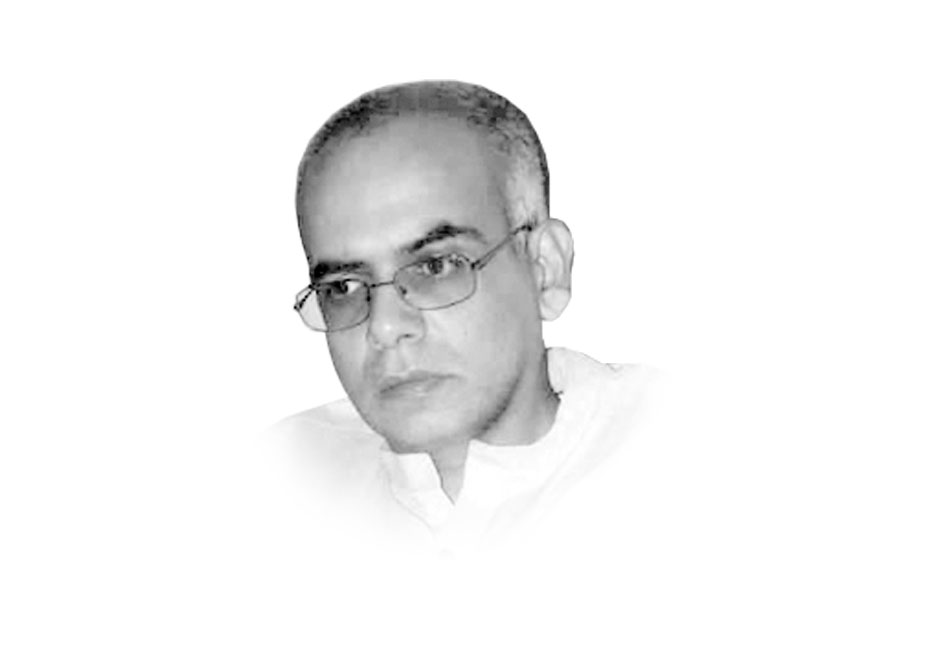
Perceptions concerning Muslims in the rest of the world, particularly in western countries, have become increasingly problematic over the past 15 years. The ongoing conflicts across much of the Muslim world, and the fear of religiously motivated international terrorism, have made the lives of diasporic Muslim communities living across different parts of the world more difficult as well.
Multicultural societies around the world are thus struggling to maintain a sense of balance between upholding ideas of respecting people of different faiths and cultures, including Muslims, while protecting themselves from the perceived threat of radicalisation and its extreme manifestations such as homegrown acts of terrorism.
Nonetheless, Islamophobia is visibly manifesting itself not only in sporadic or individualised acts of discrimination, but has also become evident in the political rhetoric of mainstream political campaigns. The controversial suggestion to regulate Muslim migration to the US emerging out of the ongoing Presidential election campaign in the US, Quebec’s recent provincial government’s attempt to prevent public servants from wearing religiously based attire such as hijabs under the proposed Charter of Values are just a couple of examples of contentions within the public space about what to do about the issue of Muslim minorities within North America. Europe is by no means free of such controversies.
France, in fact, is perhaps at the forefront of such debates. The current French dilemma of dealing with its sizeable Muslim population is understandable of course. There have been a series of deadly attacks in France that have been getting more damaging and frequent in the past few years. Some of these recent attacks have included the killing of soldiers and schoolchildren in Toulouse, the attack on the Charlie Hebdo offices in Paris, other assaults on a concert hall, a stadium, restaurants and bars in Paris, and the Bastille Day attack in Nice.
Many Muslims within France come from previously colonised countries, including Algeria, with which it has had a very problematic relationship. Muslims who have since migrated to France from Algeria, and other Muslim countries like Morocco and beyond, however are not too well integrated in French society, and many of them have been confined to a ghettoised existence. Muslim youth in particular, who are alienated, are considered prone to becoming radicalised.
In the aftermath of growing terrorism at home, the French authorities have sought to introduce deradicalisation programmes, and clamp down on mosques which are under suspicion for spreading radicalisation. The French Council of the Muslim Faith, which acts as a bridge with the French government, is planning to create a foundation to oversee the vetting of imams and the funding of the mosques in which they preach.
On the other hand, French authorities have long been trying to secularise public spaces. A law was first introduced back in 2004 to ban “ostentatious” religious symbols in classrooms, which disallowed students from wearing hijabs, the Jewish skullcap or large Christian crosses. That was followed by another law, adopted in 2010, which banned full-face veils, most notably burqas, in the name of public security. Muslim women in France have been criticising these moves, claiming that they wear the hijab not as a sign of subjugation but as a sign of their identity, and that attempts to dissuade them are an encroachment on their freedom of expression. It was in this context that Islamic bathing costumes dubbed ‘burkinis’ began to appear on the market. Burkinis have given a new generation of observant Muslim women a chance to enjoy a day by the sea. However, French courts have decided to ban them, adding fuel to the ongoing controversy regarding the pros and cons of secularised public spaces.
At the end of the day, however, clamping down on mosques to deter extremists, or trying to regulate how Muslim women dress in public spaces are not helping address the problem of religious extremism. Analysts have pointed out that radicalisation in France is instead happening outside mosques, often in prison. Muslims make up less than 10 per cent of France's population and yet they make up some 60 per cent of the prison population. France also needs to do more to address problems of marginalisation of its Muslim minority, as well as the way Islam is portrayed in the French media. Unless France begins to address the underlying causes of Islamophobia, the Muslims in France will continue to be alienated and the existing social friction within French society will continue to increase.
Published in The Express Tribune, August 26th, 2016.
Like Opinion & Editorial on Facebook, follow @ETOpEd on Twitter to receive all updates on all our daily pieces.












COMMENTS (2)
Comments are moderated and generally will be posted if they are on-topic and not abusive.
For more information, please see our Comments FAQ